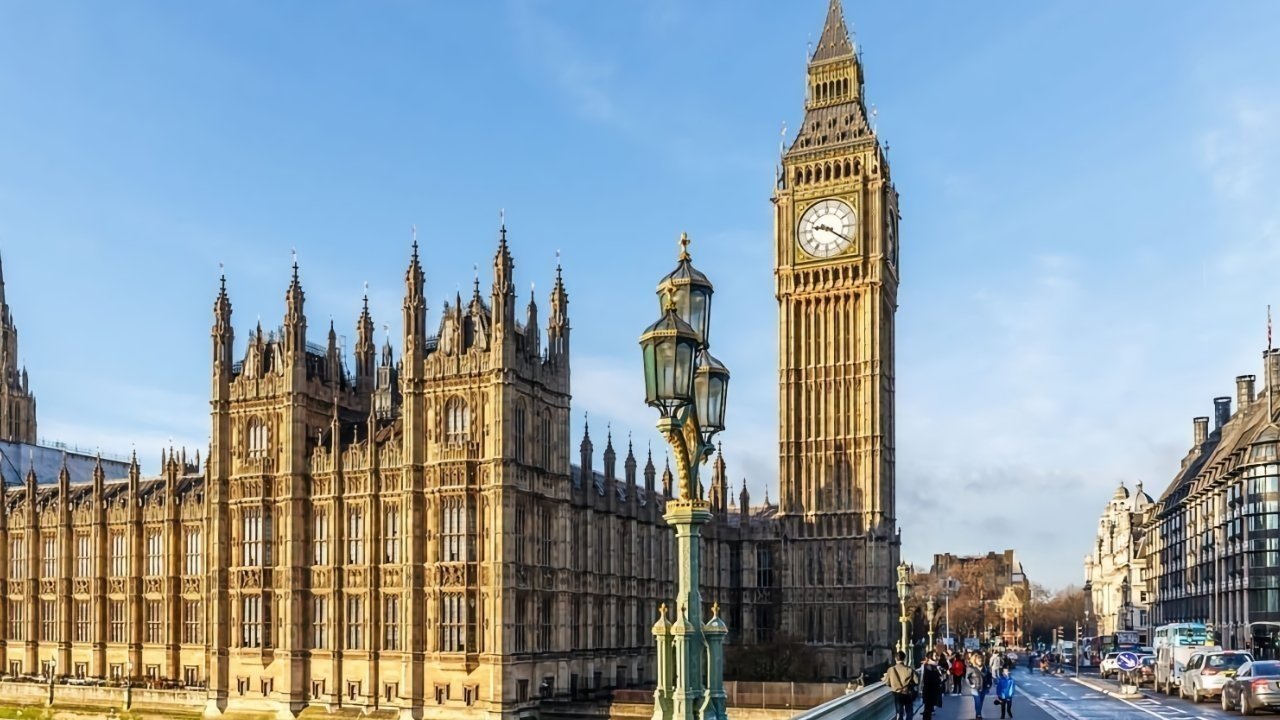Technology
UK Government Withdraws Demand for Apple Backdoor Access

The UK government has officially ceased its demand for Apple to provide backdoor access to user data, a significant shift in its approach to digital privacy and security. This decision follows a lengthy period of negotiations and a legal battle concerning encryption standards.
For several years, UK officials had pushed for Apple to compromise its end-to-end encryption, arguing that it hindered law enforcement’s ability to access crucial information in criminal investigations. The legal landscape changed with a law update in 2024, which intensified the government’s scrutiny of technology companies and their data protection practices.
In a statement posted on X, Tulsi Gabbard, the U.S. Director of Intelligence, revealed that she collaborated with various stakeholders, including the UK government, former President Donald Trump, and Vice President J.D. Vance, to address the backdoor mandate. Gabbard expressed satisfaction with the outcome, stating that the extensive negotiations have led to the UK government dropping its demands related to Apple.
Implications for Digital Security
The withdrawal of the backdoor request indicates a growing recognition of the importance of user privacy in discussions about national security. Many tech companies, including Apple, have long maintained that creating backdoors in encryption would expose users to greater risks from hackers and other malicious entities.
The decision has been welcomed by privacy advocates, who argue that strong encryption is essential for protecting personal information in an increasingly digital world. Critics of backdoor access have consistently warned that any compromise in encryption could lead to vulnerabilities that endanger not just individual users but also national security.
The UK government’s change in stance also reflects a broader trend among governments worldwide as they grapple with the balance between security measures and individual privacy rights. With technology advancing rapidly, policymakers are faced with complex challenges regarding data access, surveillance, and the protection of civil liberties.
While the UK has stepped back from its demand for Apple, the conversation surrounding encryption and user privacy is far from over. As governments continue to seek effective ways to address crime in the digital age, the ongoing dialogue between tech companies and legal authorities will remain crucial in shaping future policies and regulations.
This recent development underscores the significance of collaboration between nations in addressing shared challenges posed by technology. As countries navigate the complexities of digital security, the UK’s decision could set a precedent for similar discussions in other jurisdictions.
-

 Politics4 weeks ago
Politics4 weeks agoSecwepemc First Nation Seeks Aboriginal Title Over Kamloops Area
-

 World5 months ago
World5 months agoScientists Unearth Ancient Antarctic Ice to Unlock Climate Secrets
-

 Entertainment5 months ago
Entertainment5 months agoTrump and McCormick to Announce $70 Billion Energy Investments
-

 Science5 months ago
Science5 months agoFour Astronauts Return to Earth After International Space Station Mission
-

 Lifestyle5 months ago
Lifestyle5 months agoTransLink Launches Food Truck Program to Boost Revenue in Vancouver
-

 Technology3 months ago
Technology3 months agoApple Notes Enhances Functionality with Markdown Support in macOS 26
-

 Lifestyle3 months ago
Lifestyle3 months agoManitoba’s Burger Champion Shines Again Amid Dining Innovations
-

 Top Stories2 months ago
Top Stories2 months agoUrgent Update: Fatal Crash on Highway 99 Claims Life of Pitt Meadows Man
-

 Politics4 months ago
Politics4 months agoUkrainian Tennis Star Elina Svitolina Faces Death Threats Online
-

 Sports5 months ago
Sports5 months agoSearch Underway for Missing Hunter Amid Hokkaido Bear Emergency
-

 Politics5 months ago
Politics5 months agoCarney Engages First Nations Leaders at Development Law Summit
-

 Technology5 months ago
Technology5 months agoFrosthaven Launches Early Access on July 31, 2025



















